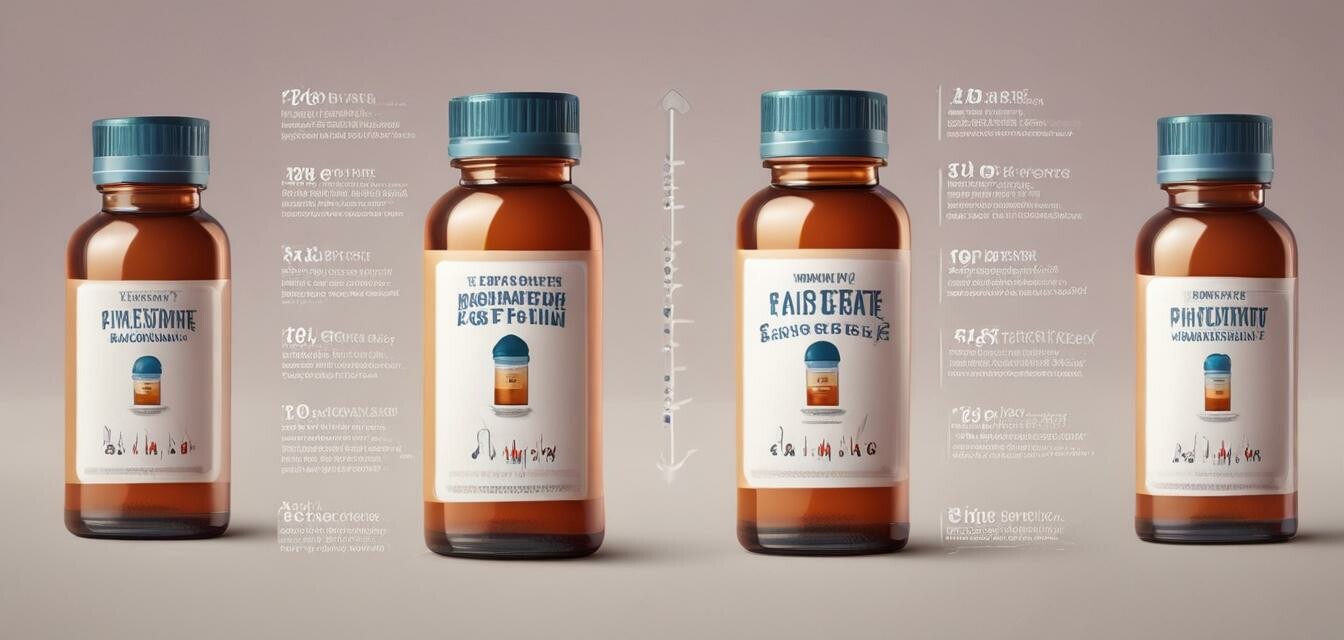
Prostate Health Supplements for Different Age Groups
Key Takeaways
- Prostate health needs evolve with age, requiring tailored supplement choices.
- Younger men may focus on preventative measures, whereas older adults might need support for existing concerns.
- Ingredients to look for include saw palmetto, zinc, and various herbs depending on the age group.
- Understanding your body’s needs is crucial for optimum prostate health.
- Always consult with a healthcare provider before starting any supplement regimen.
Understanding the Importance of Prostate Health
The prostate is a small gland situated below the bladder and in front of the rectum, playing a crucial role in male reproductive health. As men age, prostate health becomes increasingly important, leading many to explore supplements that may help maintain prostate function. However, the best supplements can vary significantly based on age. This guide will help you understand what to look for in prostate health supplements based on your age group.
Prostate Supplement Needs by Age Group
| Age Group | Common Concerns | Key Ingredients to Look For | Supplement Focus |
|---|---|---|---|
| 20s to 30s | Preventative care and maintaining healthy prostate function | Saw palmetto, Zinc, Lycopene | Focus on prevention and general health |
| 40s to 50s | Increased urgency, mild enlargement | Saw palmetto, Beta-Sitosterol, Pygeum | Support for bladder and prostate health |
| 60s and above | Higher risk of enlargement and inflammation | Zinc, Omega-3 Fatty Acids, Plant Sterols | Focus on inflammation reduction and comfort |
In-Depth Look at Each Age Group
20s to 30s: Laying the Foundation
During this stage, men may consider supplements aimed at maintaining optimal prostate health. Ingredients like saw palmetto, which can help support prostate function, and zinc, essential for healthy hormone levels, are ideal choices.
40s to 50s: Addressing Early Signs
As hormonal changes begin, men may experience symptoms such as increased urgency or mild enlargement. Supplements with beta-sitosterol and pygeum can assist with these concerns, helping to manage symptoms effectively.
60s and Above: Targeted Support
In the senior years, there is a greater focus on reducing prostate enlargement and inflammation. Ingredients like omega-3 fatty acids and plant sterols may provide significant benefits in enhancing comfort and overall well-being.
Choosing the Right Supplement
When selecting a supplement, consider the following:
- Research the ingredients: Ensure they are well-studied for prostate health.
- Check for certifications or third-party testing for quality assurance.
- Consider your personal health needs and consult with a doctor.
Dos and Don’ts of Prostate Health Supplements
Dos
- Do consult with a healthcare provider before starting any new supplement.
- Do look for supplements with proven ingredients.
- Do pay attention to changes in your body and adjust as necessary.
Don’ts
- Don't ignore side effects; discontinue use if adverse reactions occur.
- Don't rely solely on supplements for prostate health; maintain a healthy lifestyle.
- Don't purchase from unreliable sources; ensure the brand is reputable.
Conclusion
Understanding how prostate health needs change with age is essential for making informed decisions about supplements. By choosing the right ingredients for your age group, you can effectively support your prostate health and overall well-being. For more in-depth information, check out our other buying guides on buying supplements and advanced formula supplements.
Pros
- Personalized recommendations based on age
- Supports overall health and wellness
- Access to comprehensive ingredient knowledge
Cons
- May lead to confusion with many options available
- Individual responses to supplements may vary
- Regular consultation with healthcare is necessary